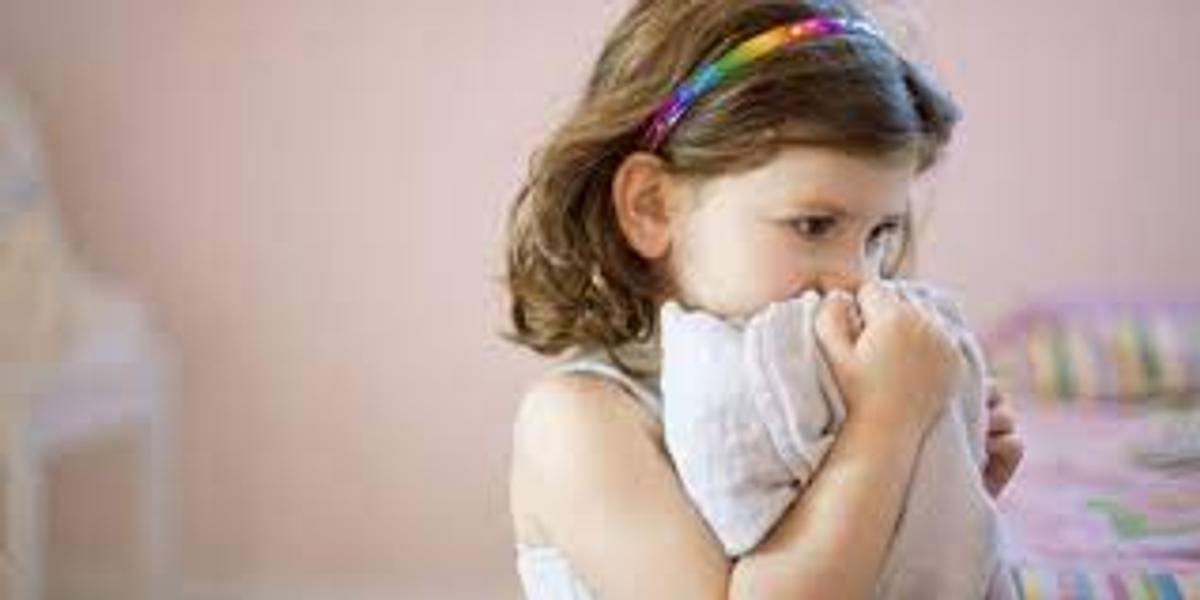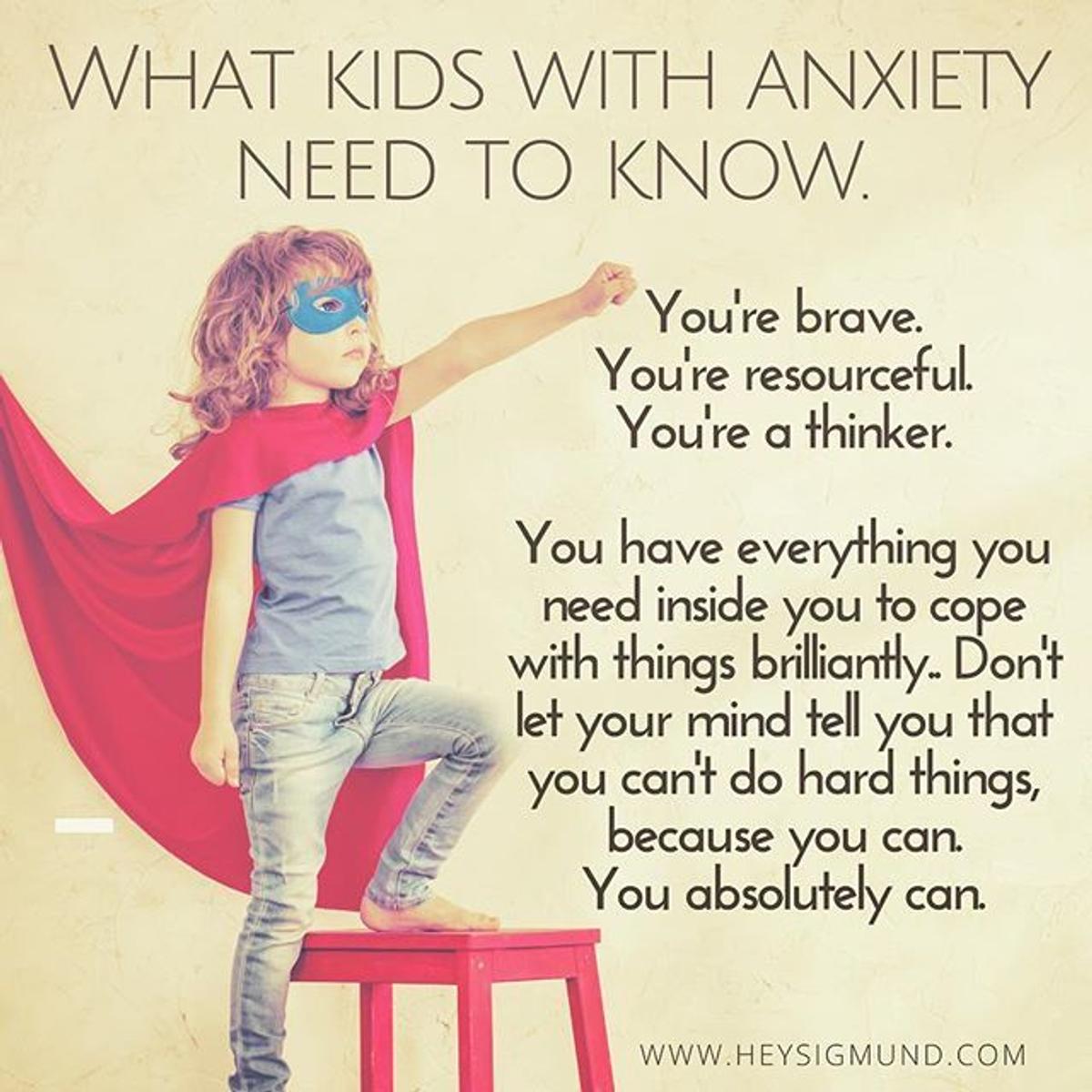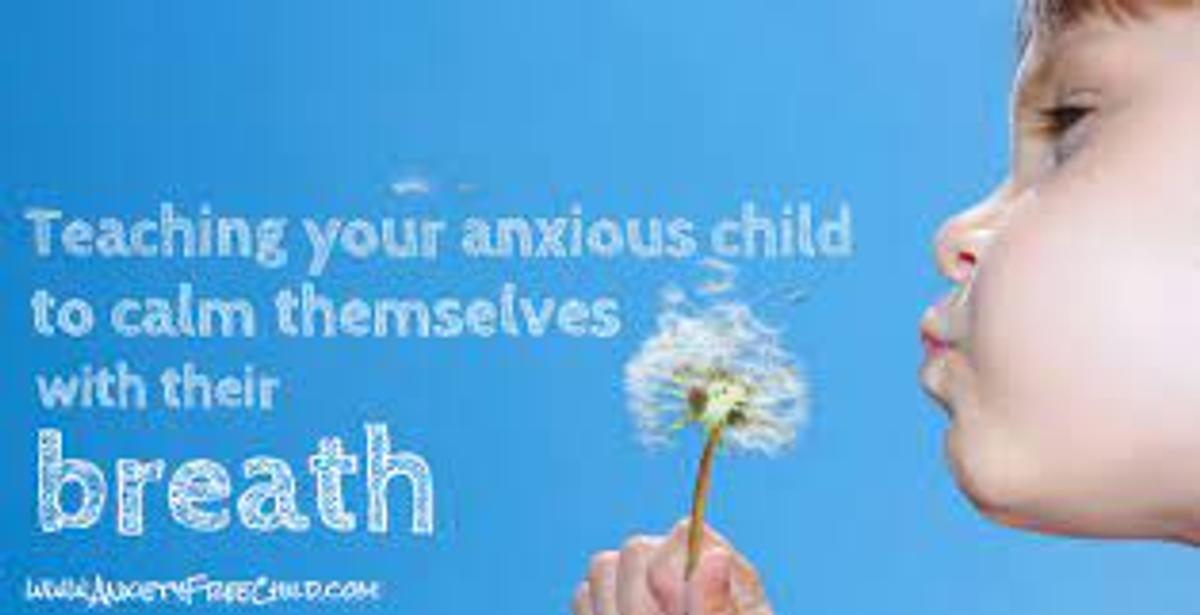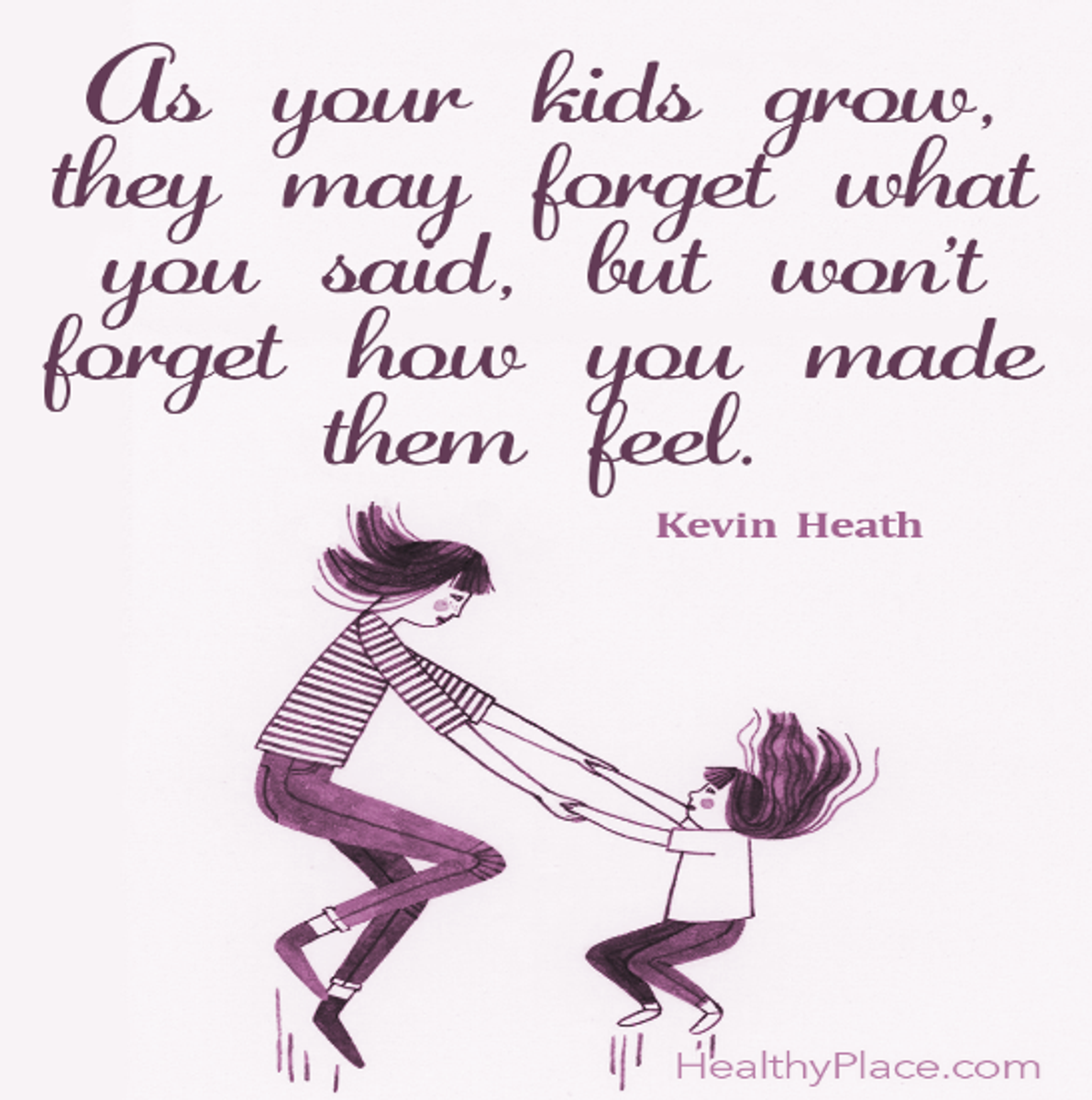Chaplain's Corner

Hi Everyone,
I thought that with the uncertainty with covid outbreaks in schools recently, that I would revisit ANXIETY IN CHILDREN.
Why Does Anxiety Happen? Anxiety is the work of a strong, healthy brain that’s a little overprotective. It comes from a part of the brain called the amygdala, which keeps us safe by getting us ready to fight for our lives or run for it. The amygdala is instinctive, so if it thinks there might be danger, it will act first and think later – and the unfamiliar, the unknown, humiliation, embarrassment, separation from important people, can all count as danger. When the amygdala is triggered, it initiates a surge of neurochemicals to make us stronger, faster, more powerful, and more physically able to deal with a threat. Sometimes, the amygdala can work a little too hard and hit the alarm button too often when it doesn’t need to. It is NOT broken, it is a strong, healthy, capable brain that’s working a little too hard and being a little too overprotective.
Since COVID has entered our lives Michael Grose, Parenting Educator, has had countless conversations with parents and enquiries from schools seeking presentations on how to support kids who with COVID induced anxiety. Michael has written the following article:
While the current situation we are all living through is extremely difficult, it does present an opportunity to develop sustained growth and vitality in anxious children and young people.
In Anxious Kids, the book I (Michael Grose) co-authored with Dr. Jodi Richardson we wrote, “Anxiety doesn’t have to be the shadow that clouds the days of children and young people. Understanding that anxiety is a well understood and manageable condition brings anxious kids such relief.” We wrote this pre-COVID and nothing since has caused me to change my mind. In fact, experiences of this COVID era have reinforced that the more we know about anxiety the less fearful we are and better equipped to move kids from anxiety to real resilience.
Anxiety can run in families We know that anxiety runs in families. Children are born with a predisposition for anxiety. There is every likelihood that an anxious child will have at least one parent who experiences anxiety, maybe not clinically, but one who is familiar with a churn in their stomach, the constant overthinking and the desire to over prepare when they face new or unfamiliar situations.
The impact of anxiety can be minimised Anxiety may be a constant companion for many children but it’s certainly not their best friend. Often, it’s a demon with which they are locked in a long-running, laborious battle where simple activities such as attending school camp or doing at home learning become something they dread. Alternatively, they can avoid events or situations that make them anxious or bring them discomfort.
It’s better to give an anxious child or young person tools such as mindfulness, checking in and deep breathing with which they can manage their anxiety, rather than allow them to miss out and be miserable, or tackle discomfort full on and be stressed out.
You can build anxiety resistance While we can’t necessarily tackle anxiety at its source and make the situations that overwhelm a child disappear, we can help them to develop a lifestyle that builds their resistance against the very worst of anxiety. Plenty of sleep, adequate diet, regular exercise and sufficient time in nature are some of the lifestyle factors that builds strength against the psychological ravages of anxiety.
You can help kids reduce their ongoing anxiety While the world waits and prays that coronavirus will end, we don’t have to wait to help a child or young person with anxiety. A combination of being nurturing and firm (features of the authoritative parenting style) offers the best protection against ongoing anxiety. A child is best prepared to face difficulties when they have a confident, calm adult in their life who says, “I think you can do this,” encouraging them to face their fears. This approach needs to be supported by an empathetic adult who understands the impact of anxiety and makes sure that kids feel safe and secure.
While parenting an anxious child or young person can feel overwhelming and difficult, I encourage you to think about it differently.
We can’t change what is happening right now, and we can’t undo it. Help your anxious child to flourish in this COVID era by building their understanding of anxiety. Give them the tools to help them push anxiety into the background. Promote a lifestyle that will protect them from its affects by ensuring they experience nurturing, firm, brave and hopeful parenting. We hope coronavirus will one day disappear, but your child’s ability to be impacted by difficult events will still be an issue unless you take some preventative action now. The good news is that there is so much you can do to help.
OTHER HELPFUL ARTICLES AND RESOURCES
COVID and Kids (generationnext.com.au)
Anxiety Disorders in Children & Adolescents (generationnext.com.au)
Kids Helpline | Phone Counselling Service | 1800 55 1800 age appropriate resources
Your guide to everything coronavirus | Kids Helpline
https://www.beyondblue.org.au/the-facts/anxiety
The BRAVE PROGRAM is a free online self-paced program which I use with students and is excellent, and can be used at home:
https://brave4you.psy.uq.edu.au/child-program
https://brave4you.psy.uq.edu.au/teen-program
Parenting is the most important job in the world, and IT OFTEN SEEMS THE HARDEST JOB IN THE WORLD, and believe me, you will never stop being concerned and wanting the best for your child NO MATTER HOW OLD THEY ARE!
So one of the best thing we can do as parents is to “PUT ON OUR OXYGEN MASKS FIRST,” and take care of our own mental health, SO THAT WE ARE READY TO HELP OUR PRECIOUS YOUNG PEOPLE!
Look after yourselves!
Take care,
Robyn Mulholland (School Chaplain) robyn.mulholland@education.vic.gov.au)





